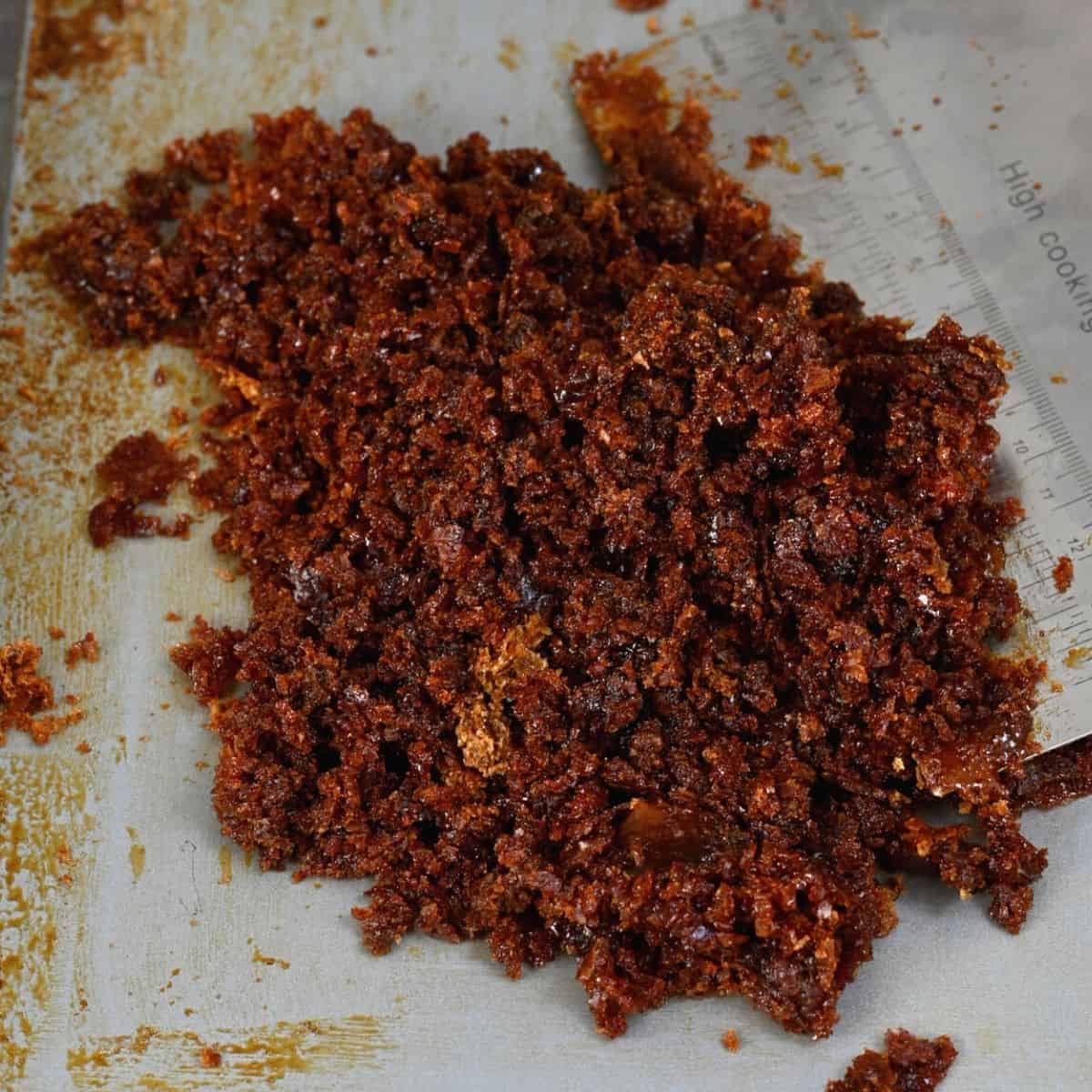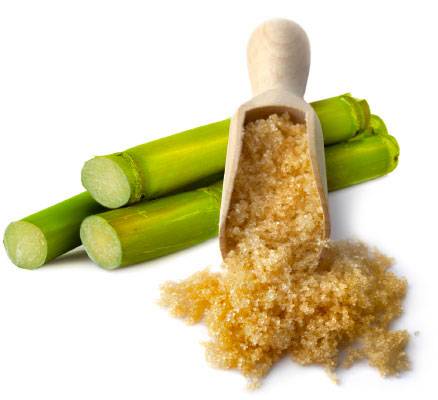An In-depth Overview of the Health And Wellness and Economic Ramifications of Cane Sugar Processing on Regional Neighborhoods
Cane sugar handling plays a pivotal function in shaping the economic landscape of regional areas, offering employment possibilities and boosting ancillary industries. The wellness ramifications linked with high sugar usage can not be ignored, as they contribute to increasing prices of excessive weight and diabetic issues.
Economic Advantages of Walking Cane Sugar Handling
Walking stick sugar processing supplies substantial financial advantages that prolong beyond the instant farming field. The growing and handling of sugarcane produce many job chances, from farming to manufacturing and distribution. This work generation not only sustains regional economies however also fosters area growth by supplying stable income sources for family members.
Furthermore, the sugar industry stimulates ancillary services, including transportation, equipment supply, and packaging solutions (Cane Sugar Processing). As these industries expand, they contribute to a more durable financial framework, improving overall community strength. The export possibility of refined walking cane sugar better magnifies economic benefits, positioning regions as competitive players in worldwide markets
Financial investment in modern processing centers can result in increased performance and effectiveness, consequently decreasing waste and optimizing resource usage. This shift not just benefits the neighborhood economic climate but likewise sustains sustainability initiatives by reducing ecological influences.
Moreover, the revenue created from walking cane sugar processing can be reinvested in neighborhood framework, education, and healthcare, promoting all natural area development. In general, the financial benefits of walking cane sugar processing are diverse, offering a foundation for withstanding prosperity in agricultural areas.
Wellness Dangers Associated With Sugar Consumption
Too much sugar consumption postures considerable health threats that require severe focus. High intake of added sugars, particularly from processed drinks and foods, has actually been linked to numerous health and wellness issues.
In addition, high sugar intake is related to cardio disease. Elevated blood sugar level levels can lead to insulin resistance, a precursor to various heart-related problems. Furthermore, sugar can have detrimental results on oral wellness, causing cavities and gum tissue disease, as germs in the mouth flourish on sugar, generating acids that erode tooth enamel.
Furthermore, arising research study recommends a possible link between high sugar usage and psychological health conditions, such as anxiety and anxiety. As areas come to grips with these wellness dangers, it becomes necessary to promote recognition and encourage much healthier dietary choices. Dealing with sugar consumption is vital not only for individual health but likewise for the total health of local neighborhoods, highlighting the demand for thorough public wellness strategies.
Ecological Influences of Sugar Manufacturing
Often neglected in discussions regarding sugar's implications is the considerable ecological effect of sugar manufacturing. The cultivation of sugarcane frequently necessitates extensive land usage, bring about deforestation, loss of biodiversity, and disruption of local environments. The conversion of forests and marshes into sugar vineyards can result in environment damage, threatening various species and modifying environmental balance.
Furthermore, sugar production is resource-intensive, consuming significant amounts of water for watering. This can cause deficiency of regional water sources, negatively influencing both farming methods and community accessibility to clean water. Additionally, making use of chemical fertilizers and pesticides in sugarcane farming can contribute to soil destruction and water air pollution, as drainage from these chemicals enters close-by rivers and lakes, impacting marine life and human health.
The ecological impact extends to the processing stage, where energy intake and waste generation additional intensify eco-friendly problems. Air pollution from shedding sugarcane areas, together with greenhouse gas discharges, add to climate change. Thus, the environmental ramifications of sugar production warrant serious consideration, advising stakeholders to embrace even more sustainable practices to alleviate these adverse effects on neighborhood ecosystems and areas.
Task Production and Community Development
The ecological challenges presented by sugar production are typically reversed by its possibility for financial benefits, particularly in task development and area growth. The walking cane sugar industry serves as a significant resource of work in many backwoods, supplying tasks throughout different ability levels, from agricultural labor to processing and circulation functions. This employment not just supports individual families however likewise contributes to the total economic vigor of local neighborhoods.
Furthermore, the establishment of sugar handling centers boosts ancillary services, such as transportation services, tools supply, and maintenance service providers. As these businesses grow, they create added tasks and bolster neighborhood economic situations. The revenue generated from the sugar sector likewise causes increased tax obligation earnings, which can be reinvested into community services such as framework, education, and health care development.
Moreover, the sugar market often involves in area growth initiatives, such as supporting local institutions and health and wellness programs, consequently improving the lifestyle for homeowners. By promoting strong neighborhood connections and promoting financial growth, the walking stick sugar handling industry plays a crucial role in uplifting local populations, making it a crucial component of sustainable advancement methods in sugar-producing regions.
Balancing Health and Economic Growth
In navigating the complexities of walking cane sugar handling, a critical challenge depends on balancing health factors to consider with economic growth. The sugar industry considerably adds to local economies by producing tasks, stimulating related markets, and enhancing tax earnings. Nevertheless, the health and wellness ramifications connected with extreme sugar consumption can result in persistent diseases such as obesity, diabetes, and cardiovascular concerns, which can burden public wellness systems and lessen labor force efficiency.

Additionally, regulatory here are the findings frameworks can play a crucial function in guiding sector techniques in the direction of even more lasting and health-conscious strategies. By fostering collaboration between federal government bodies, wellness companies, and the sugar market, communities can navigate the dichotomy my website of health and wellness and financial development, guaranteeing that the benefits of cane sugar processing are equitably shared while focusing on public health and wellness.
Conclusion
Finally, the handling of cane sugar provides both considerable financial advantages and remarkable health and wellness dangers for neighborhood areas. While it cultivates job development and stimulates regional growth, the associated wellness concerns, especially concerning obesity and diabetes mellitus, demand a cautious balancing act. By advertising accountable usage and investing in community education and lasting techniques, it is possible to maximize financial benefits while reducing unfavorable wellness effects, thereby making sure a healthier future for local populations.
Furthermore, sugar can have damaging impacts on dental wellness, resulting in cavities and gum tissue disease, as bacteria in the mouth prosper on sugar, creating acids that wear down tooth enamel.
Attending to sugar usage is vital not just for individual health and wellness but also for the overall wellness of local communities, emphasizing the demand for detailed public health strategies.
Regularly overlooked in discussions regarding sugar's effects is the significant environmental influence of sugar production. The wellness effects see here now connected with extreme sugar usage can lead to persistent conditions such as obesity, diabetes mellitus, and cardiovascular problems, which can concern public wellness systems and decrease workforce productivity.
